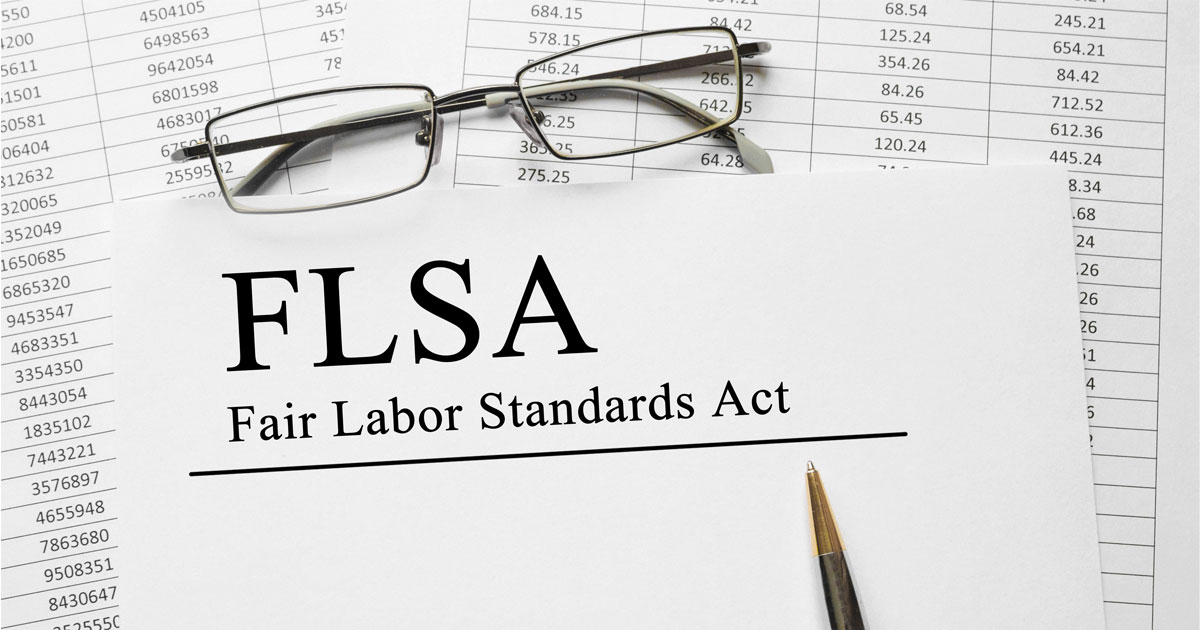Department of Labor Announces Final Independent Contractor Rule

The U.S. Department of Labor (DOL) announced a final rule revising its interpretation of the Fair Labor Standards Act’s (FLSA) classification on whether a worker is considered an independent contractor. The rule will take effect in March.
The rule adopts the previously proposed “totality-of-the-circumstances” framework for determining independent contractor status. Under the rule, the DOL will now consider the following factors in analyzing the economic reality of the employer and worker relationship:
- Worker’s profit or loss
- Worker and employer investments
- Degree of work permanency
- Type and degree of control over the performance of the work
- How integral the work is to the employer’s business
- Use of worker’s skill and initiative
While the core six-factor test to determine independent contractor status remains consistent with the proposed rule, there are additional meaningful clarifications, such as:
- Compliance versus control: Worker compliance with employers’ specific legal requirements will not affect classification status from independent contractor to employee.
- Profit and loss: Independent workers taking on more jobs is not considered an “entrepreneurial opportunity for profit or loss” if the worker is paid “a fixed rate per hour or job.”
- Tools and equipment: Workers who pay for their tools or equipment “unilaterally imposed” by the employer cannot automatically be classified as independent contractors. However, workers purchasing equipment on their own initiative are likely considered independent contractors.
The final rule creates more equality for workers, particularly misclassified workers who lose minimum wage, overtime pay, and other FLSA protections. According to the DOL, many workers across the United States are employed in full-time, year-long jobs but continue to struggle financially due to misclassification, often working with properly classified workers engaged in the same work and earning higher pay. The new rule helps protect workers by ensuring they are properly classified and paid the wages earned.
These factors test whether a worker truly operates their own business or depends on the employer for ongoing employment. Employers should assess their workforce and practices, emphasizing functions typically outsourced to independent contractors, to identify necessary changes or potential risks. The new rule does not impact states that utilize ABC tests to establish worker classification, which includes New Jersey.
The new rule rescinds the independent contractor final rule of 2021, enacted in the final weeks of former President Donald Trump’s administration. The current administration attempted to rescind the rule in May 2021, but a federal court blocked the effort on the grounds that rescinding the rule violates the Administrative Procedure Act.
The agency said the new rule aligns historically with the court system’s interpretation of worker classification under FLSA and is confident the outreach measures taken toward adopting the rule, including a notice-and-comment period and a series of listening sessions, will prevent the legal challenges the agency faced with the previous rule. More than 55,000 public comments regarding the rule have been received to date.
Our Philadelphia Business Lawyers at Sidkoff, Pincus & Green P.C. Assist Workers and Employers
If you are an employer, worker, or independent contractor, our Philadelphia business lawyers at Sidkoff, Pincus & Green P.C. can help with all your employment-related legal matters. Call us at 215-574-0600 or contact us online to schedule an initial consultation. Located in Philadelphia, we serve clients throughout Pennsylvania and New Jersey.













